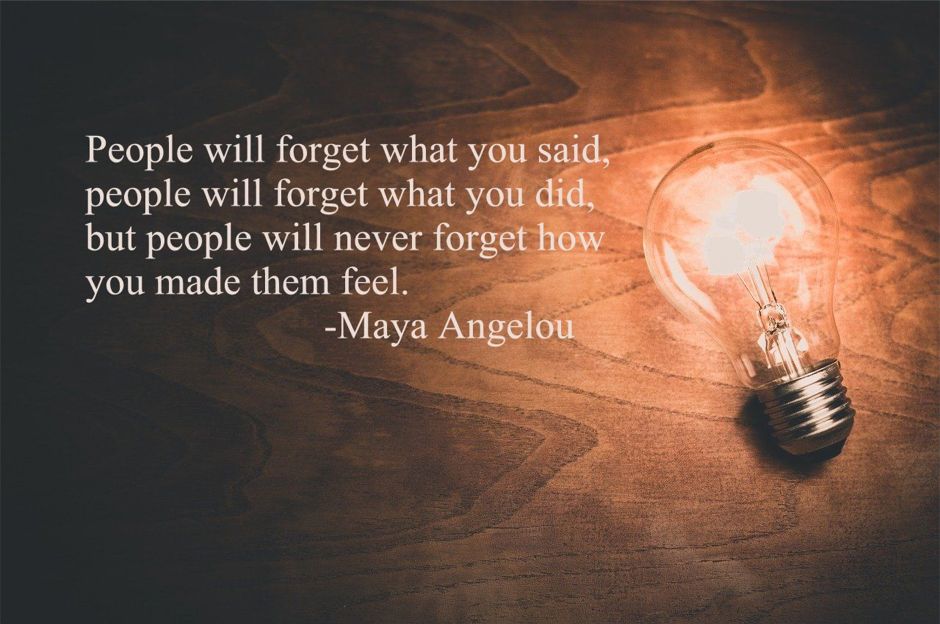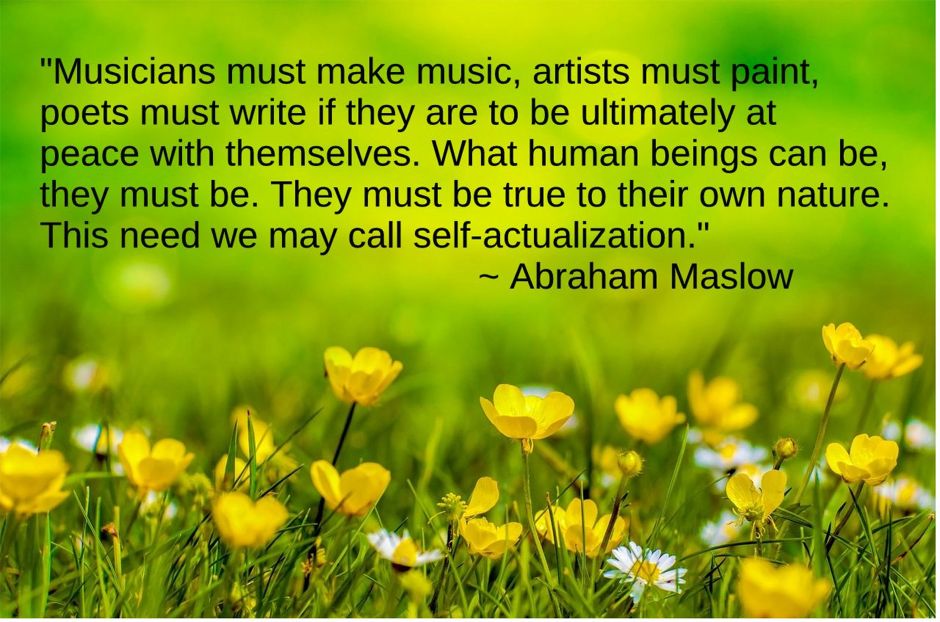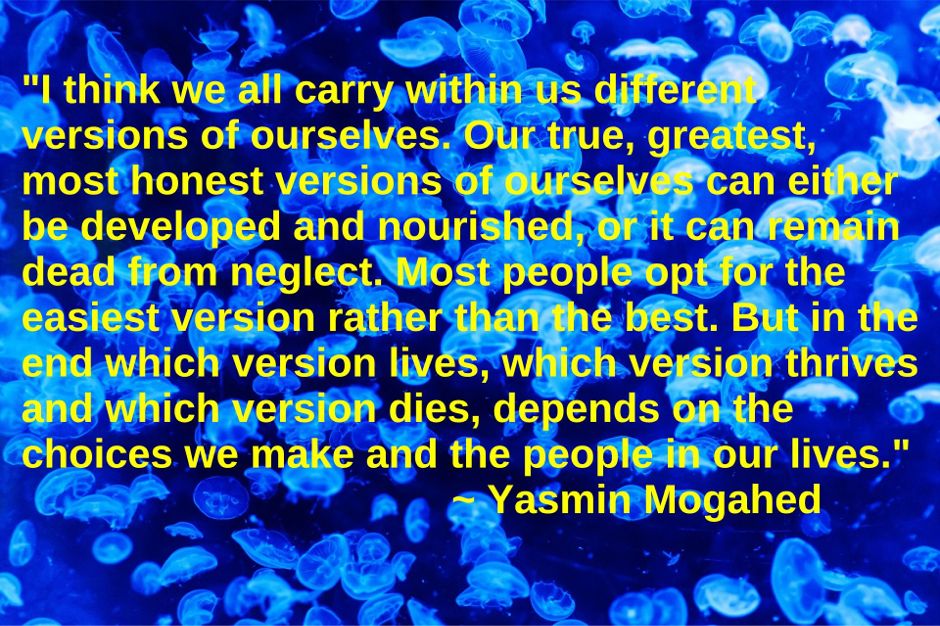Years ago, I had a guest in my home with whom I was having a good-natured disagreement with over the path a particular road took. I don’t remember the specifics of the dispute. What I do remember is that she asserted her position in a cocky and pompous manner. As this person left my home, I thought to myself, “She is going to go racing down [that road] on her way home so she can call me back and tell me I’m wrong.”
I knew it would take her about half an hour to get home. Sure enough, at the appointed moment, my phone rang. “I drove down [that road],” she said before even greeting me, “and I was right.“ I conceded my error, and she continued bragging on the subject. Before we got too far in, she switched directions and started to complain. Apparently, in driving down [that road], a cop decided she was going a little too fast and she ended up with a speeding ticket.
I suppressed a chuckle. She literally did go racing down the road in her attempt to prove her superior knowledge.
Do you know someone like that? One of those people you don’t mind seeing get a rare instant karma moment.
There are those who would characterize her behavior as extremely confident. I call it arrogance. There is a difference, and it matters. A lot. Here are three areas where you can see the difference:
Attitude
Attitude toward other people is a good way to discern the difference between confidence and arrogance. Arrogance sees a class system or hierarchy of people and they sit on the very top.
Confidence sees individual strengths in everyone they encounter. Confident people never look down on anyone and are grateful to others for their contributions. They will apologize for harm done to someone else, though it means admitting to fault.
Motivation
Achievement is the cornerstone of a confident person. To see the difference in the two attitudes, look to the motivation behind any accomplishment. An arrogant person’s motivation is power. They have no regret stepping all over people to get it.
Confidence takes into consideration how the outcome affects others. A confident person does not revel in an accomplishment gained at another person’s expense.
Failure
An arrogant person will not consider the possibility that they may be wrong. They are all-knowing. There is nothing that they can learn from anyone else because they know everything. Failure for them, therefore, is not possible.
Confidence allows for failure. Failure is a teaching moment, a steppingstone to new growth and further accomplishment.
So why does all this matter? The two traits, while sometimes confused with one another, are opposites in their manner and outcome. Confidence achieves good. It is based in love. Love for others, and healthy love for oneself. It is a positive force.
Arrogance tears down. It is based on fear. Fear that the person will be looked upon unfavorably. It is a fear that says, “If I’m not the best, then I’m no one. So, I have to continually push down others who might threaten me.” It is a negative force.
There is a thin line between confidence and arrogance but beware that you learn to discern the difference. Take care when dealing with the arrogant; emulate the confident. Their effects on you are very different.
Copyright 2021, Monica Nelson

















